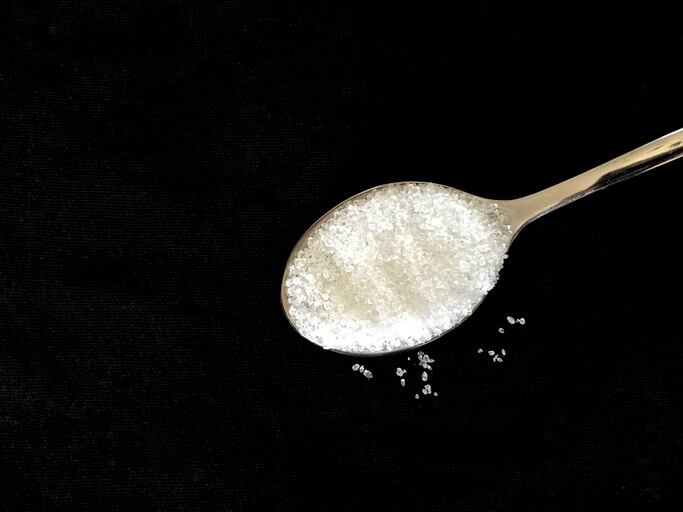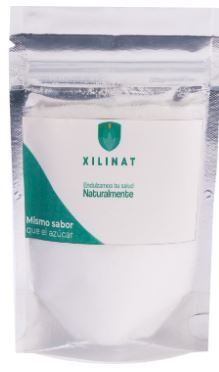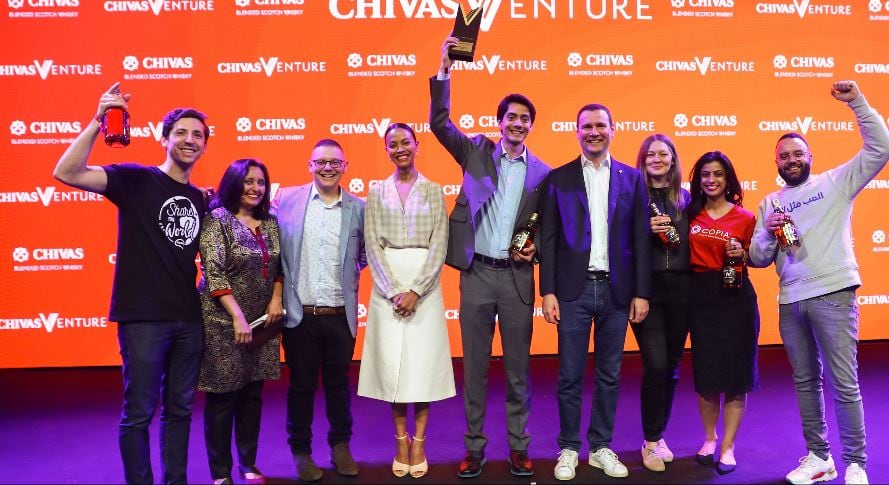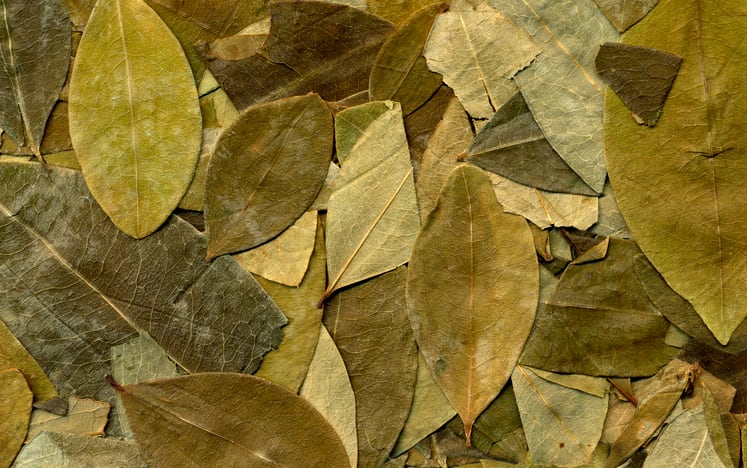After pitching to the panel of Chivas Venture judges yesterday (May 9th) at tech festival TNW Conference, the Mexico City-based start-up won the biggest share of the money, taking home US$310,000.
Chivas Venture, organized by parent company Pernod Ricard, awards a total of US$1 million each year in 'no-strings-attached' funding to various social enterprises that blend profit with purpose.
Xilinat's CEO and co-founder Javier Larragoiti, said Xilinat has "a bulletproof business model that benefits all" thanks to its biotech process that creates a low-calorie sweetener using agricultural waste that would otherwise be burnt by farmers.
Patented process

Xilinat buys corn residue from small-scale farmers and transforms it into the polyol, xylitol. One spoonful is equivalent to a spoonful of sugar for sweetness but contains 40% fewer calories, it says.
The company has a patented process to produce xylitol that is more energy-efficient than the traditional catalytic hydrogenation, which requires high temperatures and pressure.
Xilinat’s xylitol is produced from corn husks in a biorefinery system. The organic waste material is fermented using a ‘high performance’ yeast at 30°C in normal atmospheric conditions, which creates not only xylitol (xylose) but also cellulose and lignin. These by-products can then be used to generate 50% of the production process’s energy requirements.
By producing the low-calorie sweetener using organic waste, the start-up says it is tackling two of the biggest social and environmental issues that Mexico faces.

In 2016 the government declared obesity to be a national epidemic while diabetes is one of the leading causes of death
Meanwhile, it is estimated that 40% of Mexico’s CO2 emissions come from the practice of burning agricultural waste or crop residue.
The panel of judges included Pernod Ricard’s CEO Alexandre Ricard, Cemal Ezel, the founder of Change Please, and Sonal Shah, economist and founder of the Beeck Center for Social Impact and Innovation.
“The impact of all our Global Finalists, and particularly our winner, Xilinat, will be felt across the world,” said Pernod Ricard chairman and CEO Alexandre Ricard.
Scaling up
Xilinat said it would use the Chivas funding to scale up its process from the lab to pilot plant. It plans to have a production capacity of 10 tonnes within the next three years and estimates this capacity would allow it to recycle 80 tonnes of agricultural waste, avoid 70 tonnes of CO2 and improve the health of 2,600 people.
The company already sells its products online – a 454 g bag costs MXN$200 – and says it has already recuperated 300 tonnes of waste and avoided 1.2 tonnes of CO2 emissions.
With over 135,000 public votes, Brazilian start-up Cataki won the People’s Choice award for its circular economy mobile app that connects waste generators with waste collectors.




